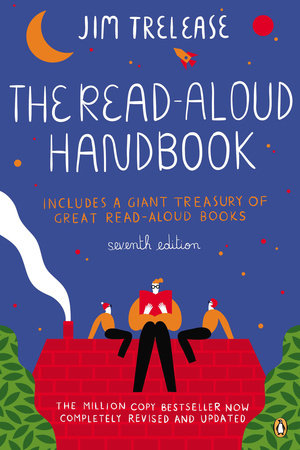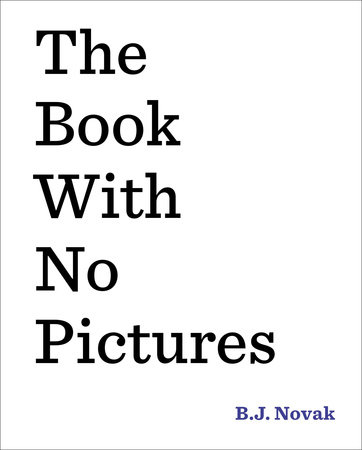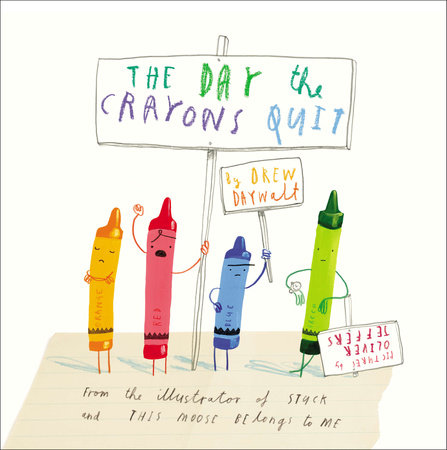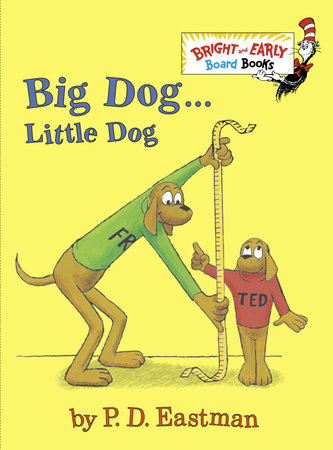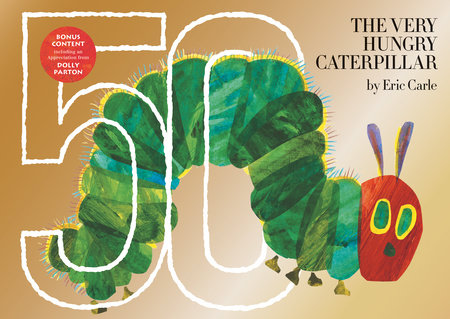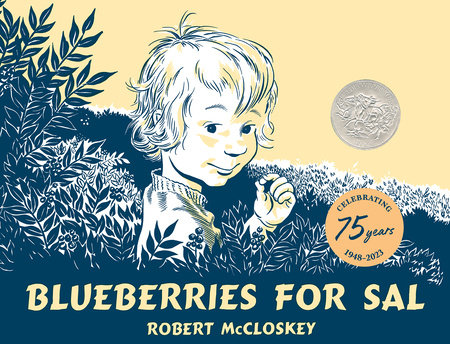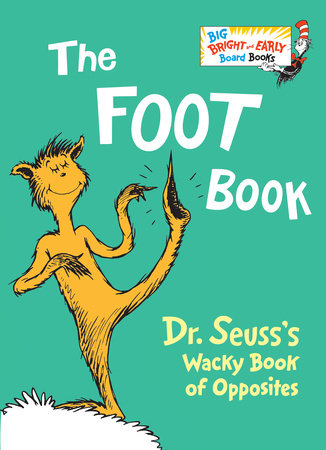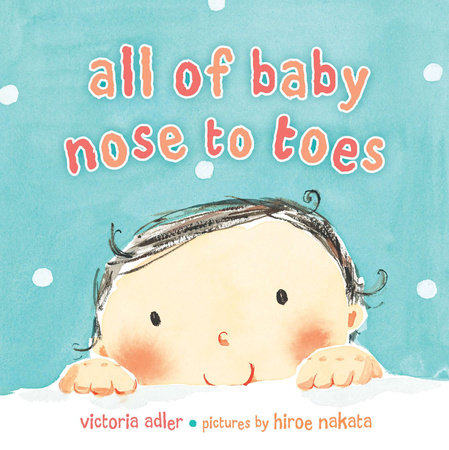The Surprising (and Scientifically Proven) Benefit of Reading to Toddlers
by Christine French Cully
My flight was delayed, and then delayed again. The gate was engulfed in a cloud of heavy sighs and grumbles. But my heart went out to the grandfather near me who was traveling alone with a preschooler. Grandpa had brought with him a bag of tricks, and, for a while, their interactions were cheerful. But as the delay dragged on and the boy grew bored with his toys, it looked as if he was going to become disruptive. Grandpa was losing his patience. His words were clipped, and he was working hard not to raise his voice. A “scene” seemed imminent.
I rummaged around in my own bag and pulled out copies of Highlights High Five, our magazine for preschoolers. Grandpa received them gratefully, pulled the boy on his lap, and began to read aloud. The boy snuggled in, and Grandpa’s voice reset to “kind and loving.” The two were once again enjoying each other’s company. It was a joy to watch how reading together soothed both the adult and the child, and I was delighted to see them revisit the magazines later on the flight, both of them laughing and talking happily together.
I remembered this experience when I read about the recent study by Rutger’s University published in the Journal of Developmental and Behavioral Pediatrics. In a study of more than 2,000 mother-child pairs, researchers found that mothers who read to their one-year-olds frequently were associated with less harsh parenting behaviors when their children were three. Mothers who read to their three-year-olds regularly parented less harshly when their children were five. The children who were read to regularly were also better able to exercise self-control and pay better attention.
This is the first study I’ve seen that links this practice to specific parenting behaviors, but I wasn’t surprised by the findings. Like all mothers, I discovered that babies can recognize their mother’s voice at birth. Just hearing my voice helped soothe my fussy newborns and helped them feel safe. Babies who feel safe are generally happier, which leads to happier parents and a stronger parent-child bond. Pulling one of my children onto my lap to share a book always made me feel closer to them. When we discovered a book that engaged them deeply, I felt as though somehow I understood them better – learning more about what excited them, what piqued their curiosity, and even what frightened or confused them. I’m sure that made me better able to parent. I’m also convinced that reading to my toddlers and preschoolers at bedtime helped them feel safe – a calming nighttime ritual for us all.
Other studies show that shared reading also helps foster healthy brain development in babies and toddlers. That’s why pediatricians now “prescribe” regular reading with babies and young children. For a baby, one billion new neural connections are made every second, building on themselves until 90% of the brain is developed by age five. It’s these pathways, or connections, that enable us to think, speak, and even move our bodies. The more connections the better, and one of the best ways to foster the development of these neural pathways is through reading.
This study also fits, in my mind, with other research that shows that reading to young children helps make them more empathetic. When we read aloud to our kids, we use different words and sounds to express a wide variety of emotions. Regular exposure to this practice helps little listeners better understand their own feelings and the emotions of others.
To finish connecting all the dots – we’ve long known that shared reading with young children helps foster language development and results in more positive academic outcomes when the children begin school. Children who are read to routinely have larger vocabularies and a better grasp of grammar, and they tend to have an easier time learning to read independently.
These reasons alone should be enough to make us commit to read, read, read to our children. But isn’t it great to also know that shared reading with our kids may help the whole family “chill” and help us better experience the joy of parenting?
-
Brightly's Read-Aloud Recommendations
-
The Book with No Pictures
Also available from:The Day the Crayons Quit
Also available from:Big Dog . . . Little Dog
Also available from: -
The Very Hungry Caterpillar
Also available from:Blueberries for Sal
Also available from:The Foot Book
Also available from:All of Baby, Nose to Toes
Also available from:

